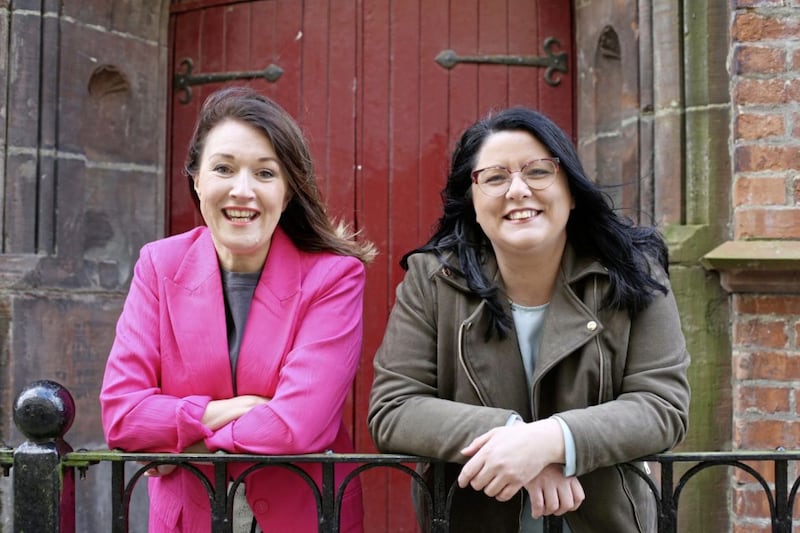OFTEN, when we talk about the skills shortage the focus is on younger people and encouraging them into IT. Interestingly though, a new report says that more people over 50 need to pick up IT skills to help close the skills gap.
The report from BCS, the Chartered Institute for IT, found that while 31 per cent of the overall workforce is aged 50 and over, just 22 per cent of those working in IT are over 50.
BCS said this was well below the level of representation considered “normal” and warned it was another sign of the skills gap – where not enough workers are skilled in the digital technology that is now commonplace in modern working life and to meet demand from employers.
The institute said the need for digital skills had only increased during the coronavirus pandemic as more firms relied on remote working.
It pointed out that if representation of over-50s in the IT sector was equal to the levels seen in other sectors, there would be an extra 119,000 IT specialists in the UK in this age group (480,000 in total).
On a per capital basis that would be nearly 7,000 extra IT workers in Northern Ireland. That’s enough IT workers to fill more than three companies the size of Kainos.
The research also showed that IT specialists aged over 50 were more likely than their younger colleagues to be unemployed – it is estimated that in 2020, around 13,000 IT workers over 50 did not have a job, an unemployment rate of 3.4 per cent – well above the 2.2 per cent rate for younger IT specialists.
Representation of over-50s in IT jobs was lowest in London, where just 16 per cent were aged 50 and above during 2020. Over-50s make up 35 per cent of IT directors but just 10 per cent of web designers and developers. In general, over-50s are well represented in senior and managerial positions but poorly represented in development positions.
Other differences between older and younger groups included older IT specialists being more likely to be self-employed (13 per cent versus nine per cent); working part time (nine per cent v four per cent); working in micro business sites (22 per cent v 12 per cent); holding managerial positions (47 per cent v 38 per cent); and they receive higher median hourly pay (£24 per hour, which is 15 per cent more than for IT specialists as a whole). Younger IT specialists tend to be more likely to have a higher education qualification (72 per cent v 66 per cent).
We hear every day how firms in Northern Ireland are struggling to find the right skills and this is particularly true in the IT sector. Some surveys suggested that almost 70 per cent of employers are struggling to find workers with the right skills, which is costing industry millions.
We need to provide more people – including over 50s – with access to the support to help them develop the skills that the economy needs.
:: Patrick McAliskey is strategic adviser to Cancom UK and Ireland, which delivers a range of technology services across the public and private sectors.







